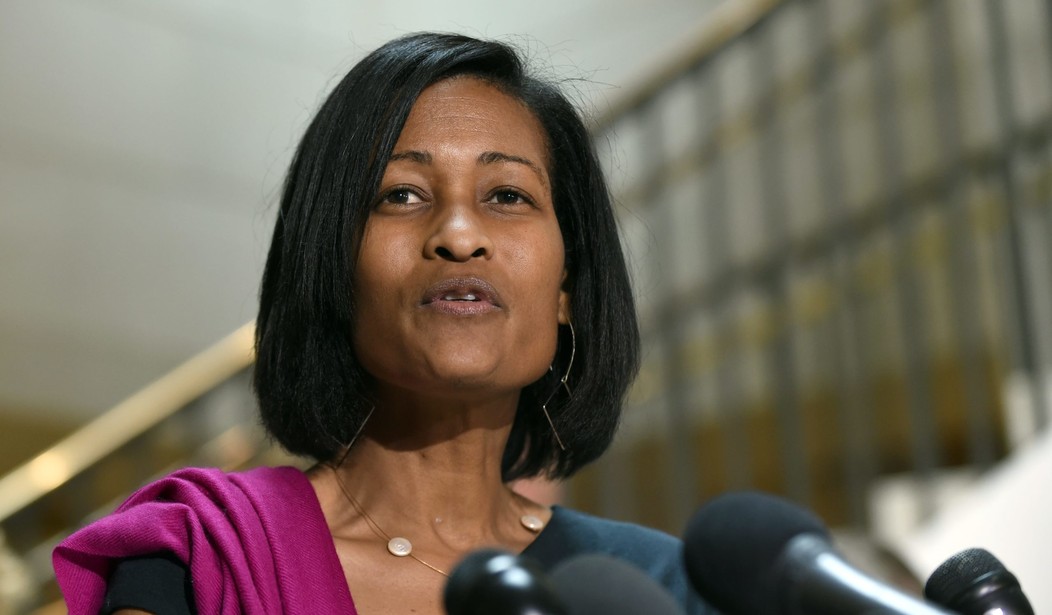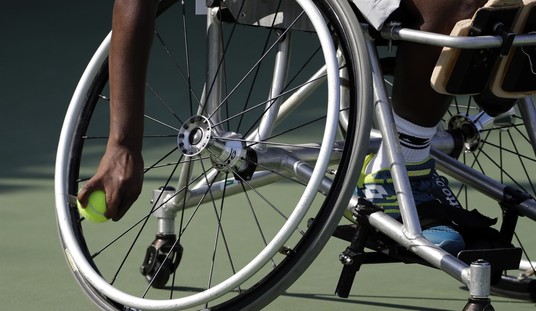The FBI agreed to destroy the laptops of two of Hillary Clinton’s top aides as part of their immunity deals, House Judiciary Committee sources revealed on Monday. The side agreements were made with former Clinton chief of staff Cheryl Mills and ex-campaign staffer Heather Samuelson and also limited the FBI’s search to no later than Jan. 31, 2015. In other words, investigators could not review documents after the server became public, “preventing the bureau from discovering if there was any evidence of obstruction of justice,” according to the sources.
Making the deal even more troubling is the fact that “once classified government records are found on a computer, that computer is considered government property,” according to a national defense attorney. As there was classified material on both Mills’ and Samuelson’s laptops, an immunity deal wasn’t even necessary because the computers were already technically government property.
Via Fox News:
The Republican-led House Judiciary Committee fired off a letter Monday to Attorney General Loretta Lynch asking why the DOJ and FBI agreed to the restrictive terms, including that the FBI would destroy the laptops after finishing the search.
“Like many things about this case, these new materials raise more questions than answers,” Committee Chairman Bob Goodlatte, R-Va., wrote in the letter obtained by Fox News.
“Doesn’t the willingness of Ms. Mills and Ms. Samuelson to have their laptops destroyed by the FBI contradict their claim that the laptops could have been withheld because they contained non-relevant, privileged information? If so, doesn’t that undermine the claim that the side agreements were necessary?” Goodlatte asks.
The immunity deals for Mills and Samuelson, made as part of the FBI’s probe into Clinton’s use of a private email server when she served as secretary of state, apparently included a series of “side agreements” that were negotiated by Samuelson and Mills’ attorney Beth Wilkinson.
When FBI Director Comey testified before Congress last week, a congressman asked why a grand jury was never called to collect evidence — including what was in those laptops. Comey answered that it was best to use “informal agreements” if you want to get things done faster.
According to Fox News, the side deals were agreed to on June 10, “less than a month before FBI Director James Comey announced that the agency would recommend no charges be brought against Clinton or her staff.”
Judiciary Committee aides told FoxNews.com that the destruction of the laptops is particularly troubling as it means that the computers could not be used as evidence in future legal proceedings, should new information or circumstances arise.
The letter to Lynch sought to determine how many documents were blocked from FBI investigators because they fell outside of the date range agreed to by the DOJ.
A national defense attorney told Catherine Herridge that the deal was odd because “once classified government records are found on a computer, that computer is considered government property.” As Herridge noted, “that was the case with Mills’ and also Samuelson’s laptop, so why the government needed an immunity deal to get devices that in the end were already government property is just another confusing element to this story.”
Next Page: A call for “no confidence” in FBI Director Comey.
Former U.S. attorney Joseph diGenova called the FBI’s investigation “a farce” and said that he didn’t believe Comey is fit to continue in office.
“I believe that a resolution of no confidence in him should be filed in the Senate,” diGenova said during the Judicial Watch Clinton scandal panel last week. “I believe that he has violated his oath as the director of the FBI because after looking at the entire record that he has made public – and it is not the entire record – it is very clear that from the moment he took control of this investigation, he decided that he was not going to recommend the prosecution of the first female nominee of a major party for president of the United States.”
He added that “the FBI director made a political decision. He did not make a law enforcement decision. James Comey said that ‘no reasonable prosecutor’ would bring the case that they had come up with based on the facts. That is utter nonsense.”
Joe diGenova, who is now in private practice, continued, “It is evident to me that what Mr. Comey should have done at the beginning of this investigation was impanel a grand jury. He did not do that. When you want to investigate crimes involving classified national security information, you don’t do interviews. You issue subpoenas to witnesses, third parties for documents, you make people come into court and fight them in front of a federal judge…”
“Director Comey didn’t do that… because he didn’t want to investigate. He wanted to conclude this investigation before the election. And the only thing he could do to conclude it was to find that Mrs. Clinton did not commit a crime,” diGenova stated.
https://youtu.be/T_YF6XpSwyA








Join the conversation as a VIP Member